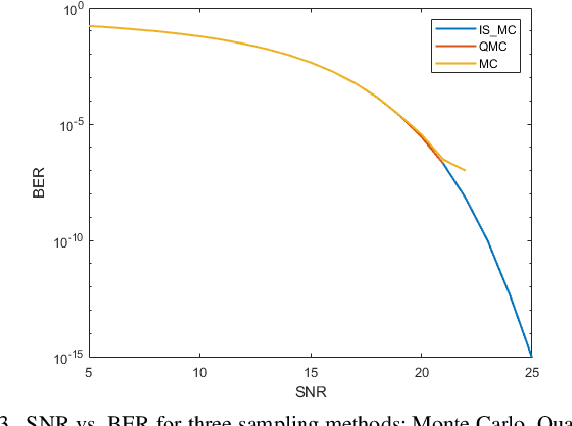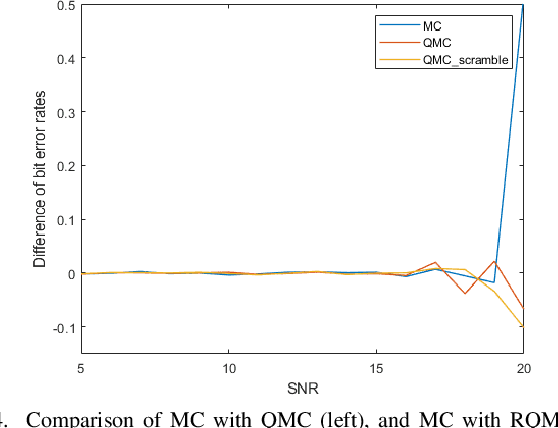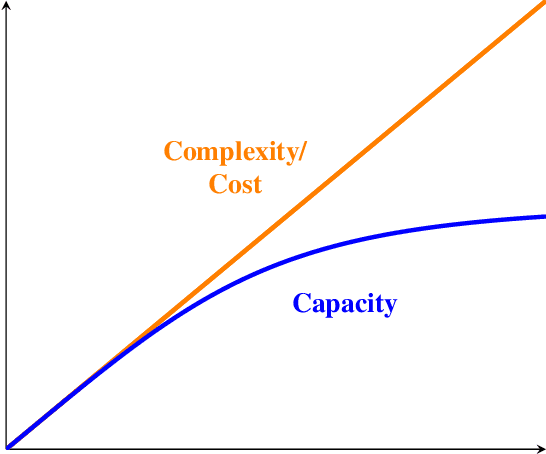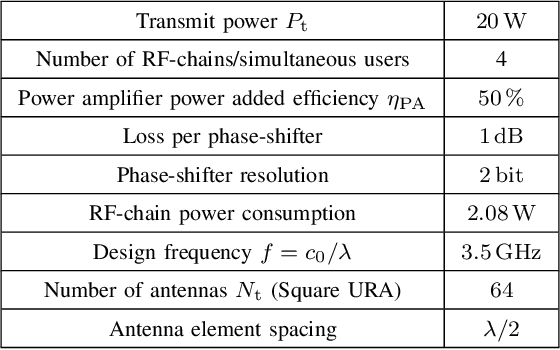Gaoning He
Adaptive Importance Sampling and Quasi-Monte Carlo Methods for 6G URLLC Systems
Mar 07, 2023


Abstract:In this paper, we propose an efficient simulation method based on adaptive importance sampling, which can automatically find the optimal proposal within the Gaussian family based on previous samples, to evaluate the probability of bit error rate (BER) or word error rate (WER). These two measures, which involve high-dimensional black-box integration and rare-event sampling, can characterize the performance of coded modulation. We further integrate the quasi-Monte Carlo method within our framework to improve the convergence speed. The proposed importance sampling algorithm is demonstrated to have much higher efficiency than the standard Monte Carlo method in the AWGN scenario.
A High-Level Comparison of Recent Technologies for Massive MIMO Architectures
Dec 22, 2022



Abstract:Since the introduction of massive MIMO (mMIMO), the design of a transceiver with feasible complexity has been a challenging problem. Initially, it was believed that the main issue in this respect is the overall RF-cost. However, as mMIMO is becoming more and more a key technology for future wireless networks, it is realized, that the RF-cost is only one of many implementational challenges and design trade-offs. In this paper, we present, analyze and compare various novel mMIMO architectures, considering recent emerging technologies such as intelligent surface-assisted and Rotman lens based architectures. These are compared to the conventional fully digital (FD) and hybrid analog-digital beamforming (HADB) approaches. To enable a fair comparison, we account for various hardware imperfections and losses and utilize a novel, universal algorithm for signal precoding. Based on our thorough investigations, we draw a generic efficiency to quality trade-off for various mMIMO architectures. We find that in a typical cellular communication setting the reflect/transmit array based architectures sketch the best overall trade-off. Further, we show that in a qualitative ranking the power efficiency of the considered architectures is independent of the frequency range.
 Add to Chrome
Add to Chrome Add to Firefox
Add to Firefox Add to Edge
Add to Edge